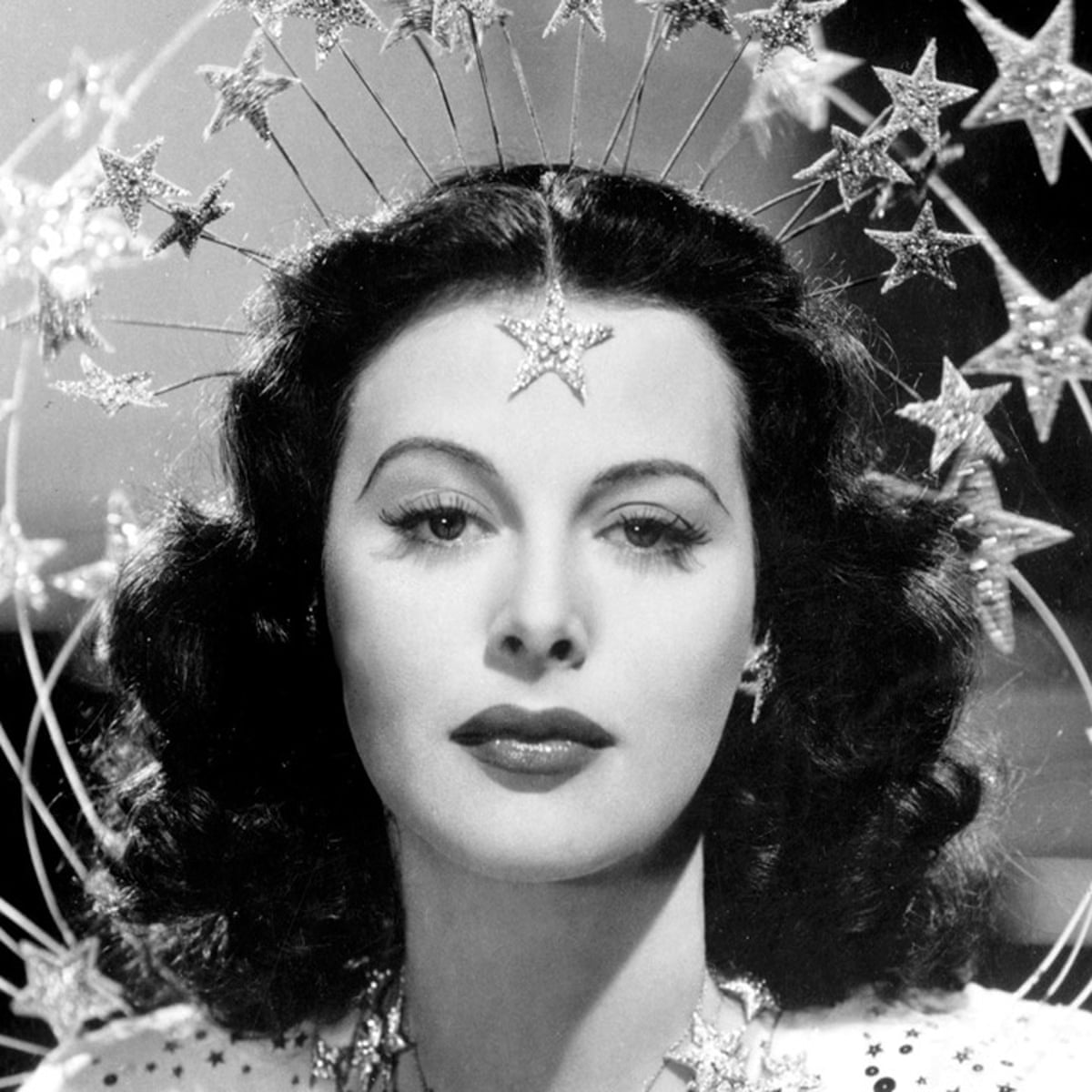| Traditional Middle Eastern talisman against the evil eye. |
We are often warned not to judge by appearances. We must not judge a book by its cover. We must not assume, because a woman is beautiful, that she is either especially intelligent or moral. This, we are told, is an unjust prejudice. Beauty is only skin deep.
On the other hand, fairy tales always show the beautiful heroine as also highly intelligent and, in the end, moral. And fairy tales are, in effect, the distilled wisdom of our ancestors, advice on life meant to be passed on to the younger generation.
The same is true of the hero legends: Sir Galahad is always handsome, brave, intelligent and highly moral.
So who is right?
We have one automatic reason to assume the fairy tales and hero legends have it right. Not just because they are the wisdom of the ages; because we naturally do not want to believe that beauty, intelligence, and morality go together. It is a harsh thing for the majority of us, who are not exceptionally beautiful, to accept. It means we lose on all counts. We have an ulterior motive to believe the contrary, against all evidence.
In fact, unfair as it might sound, there is good reason to assume that an attractive man or woman will most often also be intelligent.
Here’s why: beauty is most highly valued by men in a mate. A beautiful woman has the best evolutionary chance to get married young to a good husband and have lots of children. This makes evolutionary sense: beauty equates to good physical health. Of course, men also value intelligence, but less so.
Intelligence, in turn, is most highly valued by women in men. This too makes evolutionary sense. While good physical health is less important in the father, the ability to provide financially is vital. An intelligent man will probably be able to support more children.
So a highly intelligent man usually marries an unusually attractive woman: like Hephaestos and Aphrodite in Greek myth.
What is then likely to be true of their progeny? Combining the two characteristics, refined and amplified over generations, their progeny is likely to be both highly intelligent and physically attractive.
Fairy tales and hero legends are less likely to equate beauty with moral goodness. In Snow White, the wicked queen is also beautiful, almost as beautiful as Snow White, according to her magic mirror; but she is pure evil. In Cinderella—the original, not the Disney version—Cinderella is prettiest, and good, but her sisters too are beauties. In Beauty and the Beast, Belle is both a paragon of beauty and of morality; but her sisters too are notably attractive, and are selfish and abusive.
So here there seem to be two opposite possibilities.
A beautiful or intelligent child is liable to be spoiled by proud parents or eager suitors; leading to a lack of concern for others. This is so in the original legend of Narcissus.
But a beautiful or intelligent child is also at least equally likely, like Snow White, to be subject to the envy of others. The less beautiful or intelligent, especially those who have invested their self-esteem in being beautiful or intelligent, are liable to hate and wish to destroy the exceptionally beautiful. This is almost the prime lesson of the fairy tales. Even the opposite sex: the reaction may be a desire to possess rather than concern for the well-being of the beautiful. It is the unusually beautiful who have most to fear from rape or sexual harassment; or, for intelligent men, entrapment into marriage.
 |
| Hedy Lamarr, Hollywood love goddess and co-inventor of wifi. |
If being forever flattered and favoured leads to a lack of care for others—and it does—being forever attacked and criticized, as or more often the case, leads to identifying with the downtrodden and a sense of empathy for others.
So it can go either way, and is liable to be extreme in one direction or the other: either the Wicked Queen, or the exemplary, dutiful Cinderella.
The more extreme the beauty or intelligence, the more likely to have been subjected to envy or harassment rather than favour and support. This too is the lesson of the fairy tales.
Perhaps we have to say it in fairy tales because it is too controversial to say out loud. Envy is powerful.












No comments:
Post a Comment